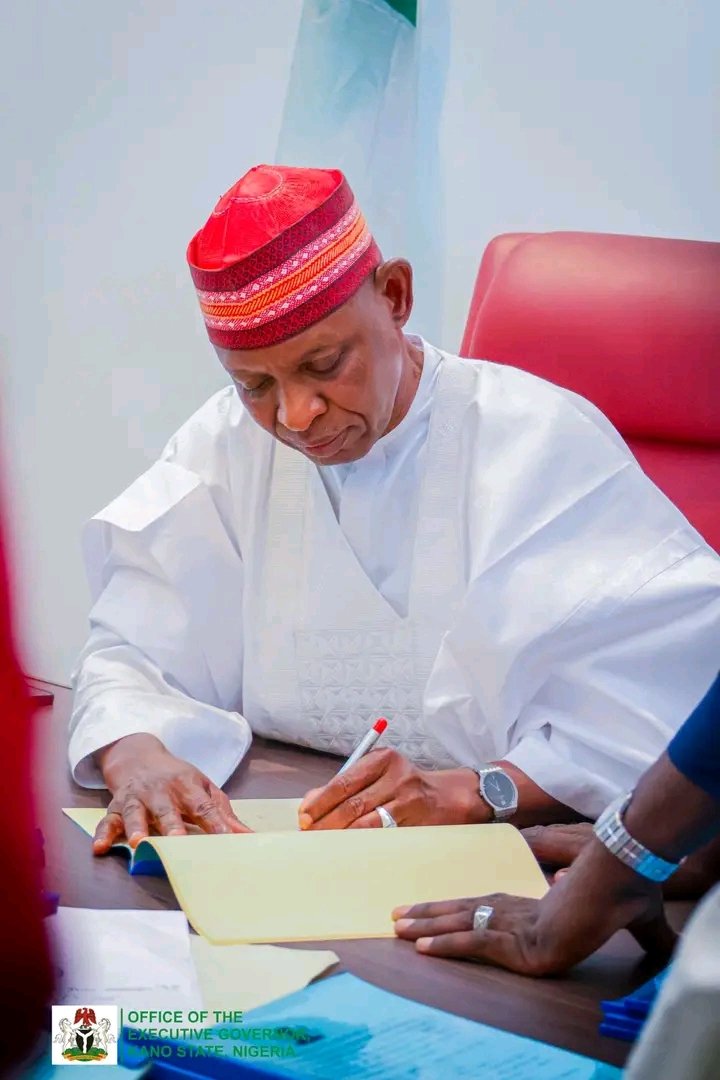ABUJA, Nigeria – Nigeria’s health sector is overwhelmingly sustained by domestic resources, with external contributions accounting for less than 10 per cent of total funding, according to the Coordinating Minister of Health and Social Welfare, Prof. Muhammad Ali Pate.
Speaking on Monday at the National Workshop on AIDS, Tuberculosis, and Malaria (ATM), themed “Design a Transition Pathway to Self-Reliance in Financing Essential Health Services in Nigeria”, Pate said health accounts since 2005 show a consistent pattern: 90 per cent of health spending is domestic, one-third comes from public sources, and two-thirds comes from private out-of-pocket payments.
“Nigeria cannot build a healthy nation on the back of other people’s money. The current global health architecture is fundamentally unsustainable,” Pate declared.
The minister called on development partners to align with national priorities by using local systems, sourcing from Nigerian suppliers, and supporting domestic manufacturing. He urged state governments to “contribute and complement the federal effort” to strengthen healthcare financing.
Director-General of the National Agency for the Control of AIDS (NACA), Dr. Temitope Ilori, emphasised the need for efficient service integration. “We must integrate services more efficiently to reduce costs and sustain human resources. This crisis is also an opportunity to accelerate progress,” Ilori said.
The workshop brought together government representatives, international partners, and health advocates to discuss sustainable financing models for essential health services, particularly in light of declining donor support.



